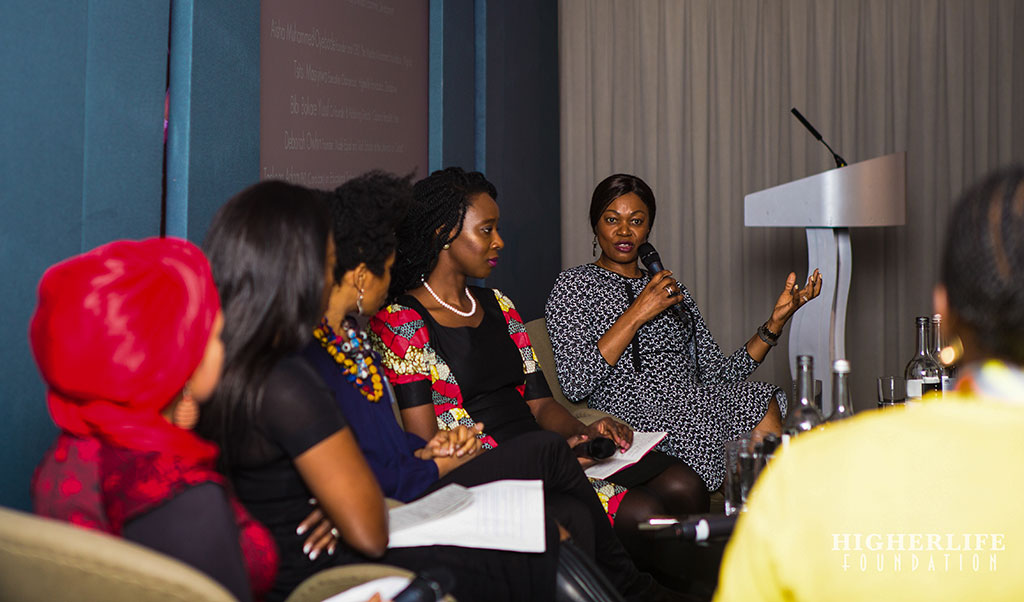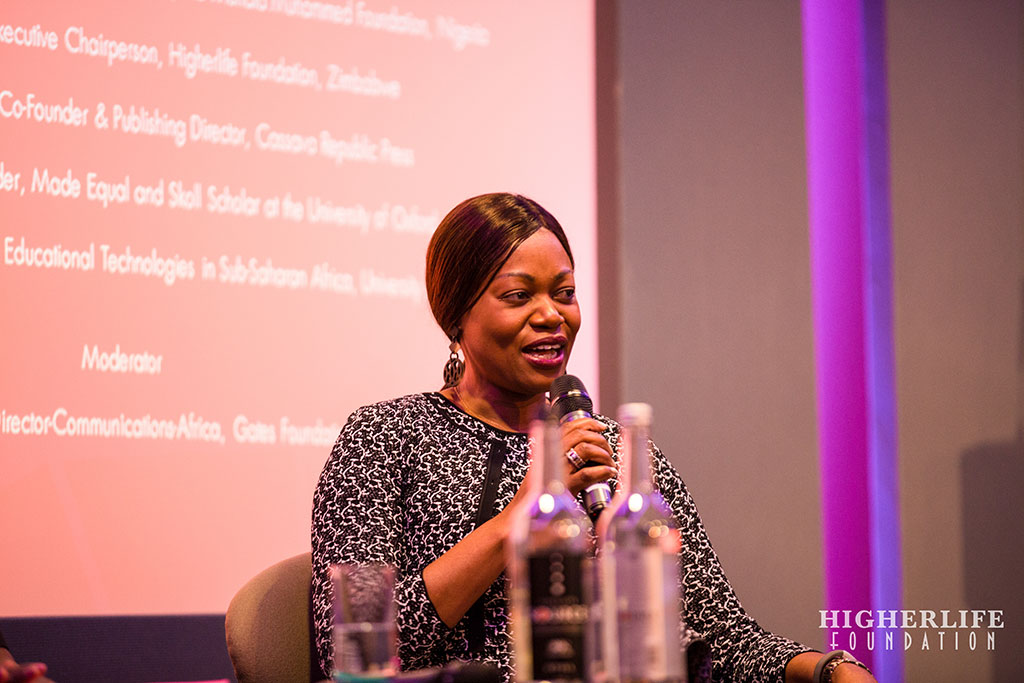The first edition of the New African Woman Forum (NAW Forum) took place on 10 -11 March 2016 in London, United Kingdom. The New African Woman Forum is a platform to discuss issues that affect the African continent which focuses on African Women as they are instrumental in shaping African society and are an important force for development.
Research proves that there is a direct correlation between prosperity of a nation and empowerment of women. NAW Forum was set up to answer the big question, How can we reinvent the leadership in Africa with women and youth to ensure we meet Agenda 2063?
Agenda 2063 is a Vision and Action Plan for African society to work together to build a prosperous and united continent based on shared value and common destiny. It aims to build upon the achievements and draw lessons from earlier strategic planning efforts at the regional and sub-regional levels, including the Lagos Plan of Action, the Abuja Treaty and NEPAD, to address new and emerging issues in the continent over the short, medium and long-term.
Agenda 2063 was one of the many questions the first edition of New African Woman Forum addressed by bringing together leaders from business, academia and civil society, as well as key decision makers from the public and private sectors. The main aim was to find innovative solutions and strategies to enable a sustainable transformative growth in Africa.
Out of 40 high profile delegates invited to the conference, some of the few included; HE DR. Joyce Banda – The former President for the Republic of Malawi, HE Monica Geingos – First lady of Namibia, Sue Clark – Managing Director SA Miller Europe, Amadou Mahtar Ba – Co Founder and Executive Chairman, All Africa Global media Inc and our very own Higherlife Foundation Co-Chair Mrs. Tsitsi Masiyiwa.

Starting off the session, Mrs. Masiyiwa was part of a panel of leaders that discussed the topic, investing in Education and Health: Key to Africa’s Economic Development. Points to note raised by Mrs. Masiyiwa during this discussion include:
1. “I came across this statistic that children under the age of 5 are more likely to survive if the mother has a secondary education. This single piece of data shows the inextricable link between health and education in Africa and the importance of educating women not just for economic empowerment but for survival.”
2. “We all agree about the importance of education and the role of health in empowering women, so I would like to use this session to provide our audience with new thinking and innovative solutions in which you are involved, to ensure we keep them engaged during the session.”

Other than these profound points, a couple of profound questions which we should all think about deeply were also raised during the panel discussion. Some of these vital questions included;
1. What are the examples of best practice when it comes to women and girls education and health in Africa?
2. How do we drive women and girl education and empowerment within the cultural and religious context of African countries?
Other delegates present also made some life inspiring comments like H.E. Joyce Banda who said that “For you to be a leader, strive to get to the top. Reach out and mentor others.” African Movie Academy Award winner Genevieve Nnaji also contributed to the pool of knowledge when she said that “The New African Woman knows how to turn obstacles in her way to stepping stones. She’s a game changer.”
Lastly Aisha Muhammed – Oyebode, CEO Murtala Muhammed Foundation said “We need to remove all structures that hinder women from being strong.”
Seeing such support for the African woman coming from the continents top influencers is very encouraging, lets all go into our communities and replicate this message and ensure that Africa’s future is secured.


